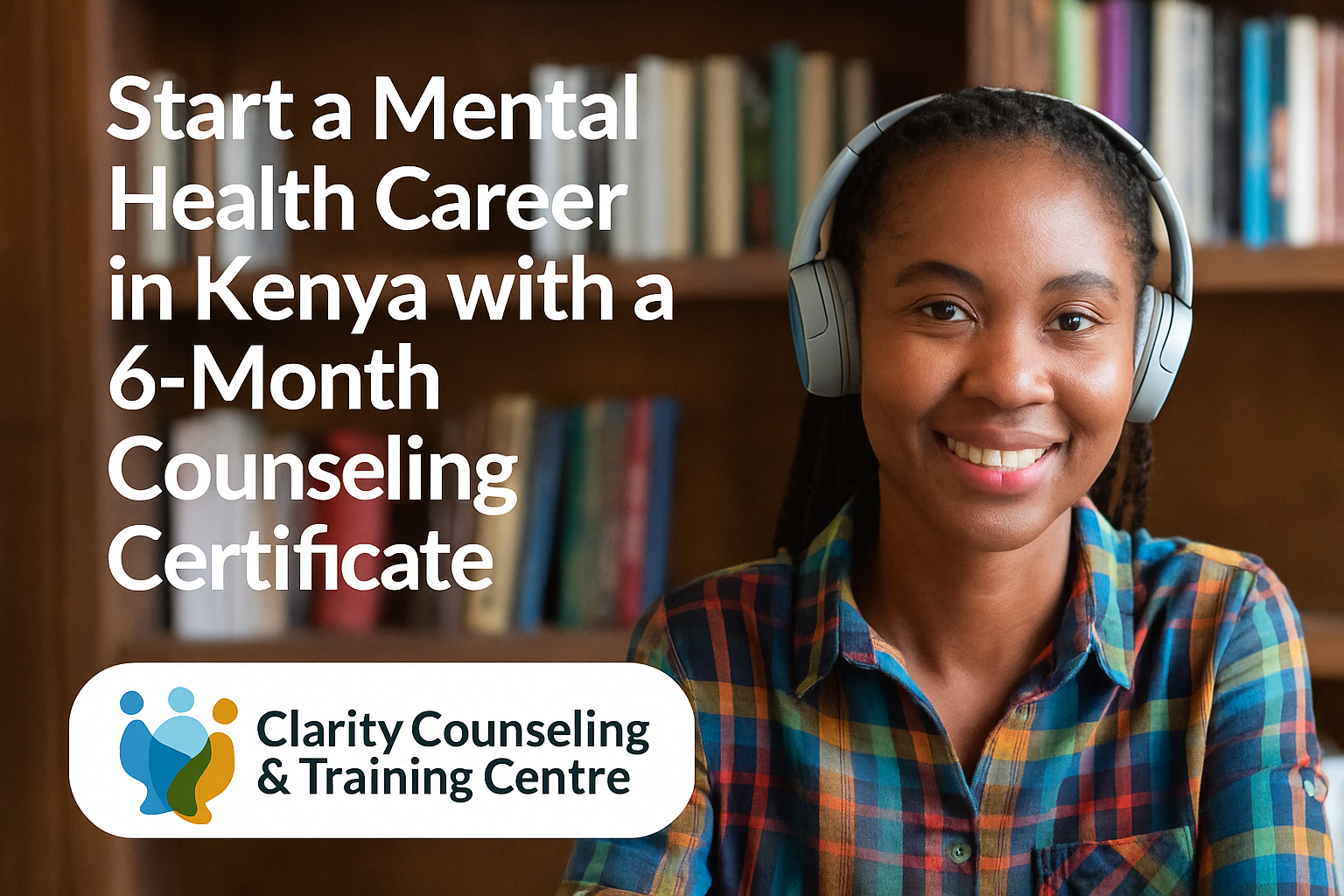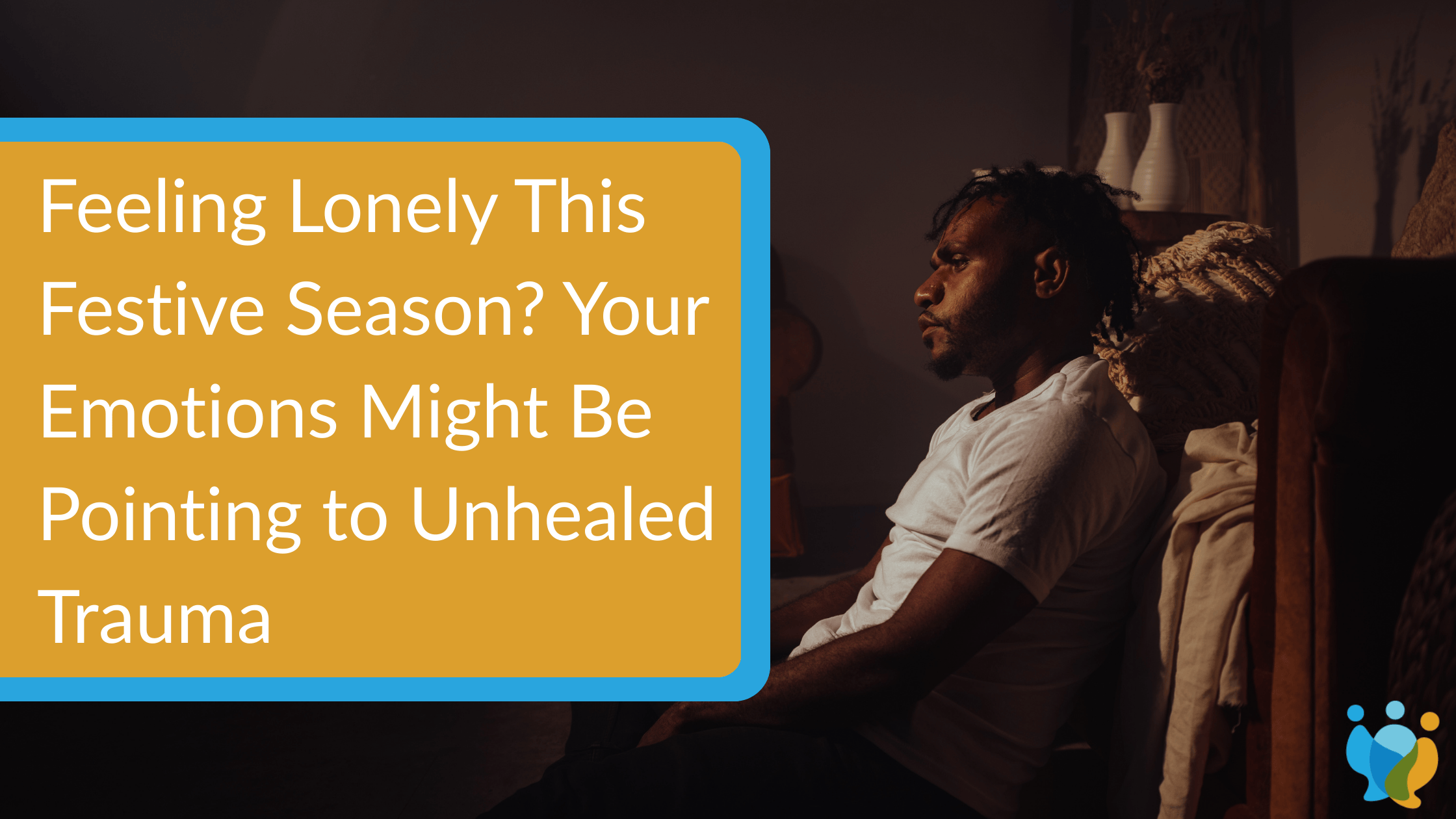Suicidal Therapy Nairobi – 5 Ways to Support a Loved One

Suicidal Therapy Nairobi – 5 Ways to Support a Loved One
When a person has suicidal feelings, it is extremely hard for them to reach out for various reasons. For instance, they fear being judged, labeled, or rejected, may feel guilty and ashamed, and don’t want to burden others with their struggles.
As someone trying to help a friend or family member deal with suicidal ideation, you may feel stuck and wonder how much help you can offer. However, being present in their lives, showing support, and your available to talk makes a huge difference. It can even save their lives. Today, in the spirit of the theme of this year’s world suicide day, we will empower you further with five ways in which you can help a loved one struggling with suicidal thoughts
1. Dispel the Stigma Surrounding Suicide
The damaging societal stigma surrounding suicide causes people having suicidal thoughts less likely to seek help. The person you desire to support must know that you do not hold negative and biased views about suicide, which creates a safer space for them to open up.
First, you must communicate to them that having suicidal ideation is a treatable mental health condition and not a character flaw or moral failing. Secondly, normalize talking about suicidal thoughts and even prior suicidal attempts without taking it personally. This approach takes away the shame and secrecy surrounding it, reducing the risk of suicide attempts.
2. Offer a Non-Judgemental Listening Ear
Offering a non-judgemental listening year is a simple yet effective way of helping a suicidal person. It conveys the message that their feelings are valid and you care about them. You also create a safe space for them to express their inner struggles without fear of criticism. Here are applicable steps for offering a listening ear:
- Create a safe talking space; don’t lecture them or hurriedly dismiss their feelings.
- Let them freely express their thoughts and emotions without telling them how they should and shouldn’t feel or think.
- Ask questions to help you better understand what led them to contemplate suicide. An example of a question is, “What situation caused you to start feeling this way?”
- Empathize and validate how challenging or painful their state is. For example, say, “I can only imagine how difficult this is for you.”
- Reaffirm you care about them and are committed to helping them through it. They don’t have to deal with the challenges alone.
Related: Why Childhood Trauma Could Be Causing Your Psychological Struggles
3. Ask How They are Coping (Follow Up)
Imagine you had confided in someone about your struggles. After some time, they check in to see how you are doing. The thoughtful action reassures you that they care about you and are willing to continue offering you support. Someone you know struggling with suicidal thoughts will also come to a similar conclusion.
When you ask a suicidal person how they are coping with life, it shows their life matters and opens the door for deeper and ongoing communication. Examples of open-ended questions to ask as follow-up include:
- How have you been handling things since we last spoke?
- Have you had any triggers or stressors recently?
- How have your low moments been like lately?
- On a scale of 1–10, how intense have the suicidal thoughts and urges been?
- Is there any additional help I can offer at the moment?
By asking these questions, you encourage them to consider healthy ways to manage their pain. It also offers hope that recovery is possible and you are willing to press on with them in that journey. Suggest they seek professional help with a suicidal therapy professional in Nairobi Kenya if the issues raised weigh them down.
4. Be Attentive to Their Environment and Make it Safe
The environment a suicidal person is in needs to be conducive and free of things they might use to attempt suicide. A conducive environment is characterized by calmness and having supportive people around who care about them.
These features help to relieve some of their pain. It also creates a sense of hope and optimism, improving their chances of seeking treatment and support. Making their environment safe entails the following:
- They removed anything at their disposal that they could use to attempt suicide, such as knives, ropes, and medicine.
- Temporarily restricting access to sites that encourage self-harm. Use parental control apps for children and teenagers.
- Encouraging them to avoid isolation by getting out of their rooms and interacting with others.
- Have safety and intervention ready in case there is an acute crisis and they need psychological or medical assistance.
5. Encourage them to Seek Professional Help and Support
Encouraging a suicidal person to seek help from an expert suicidal therapy professional Nairobi has to offer and support is a critical way to assist them in getting the expert help they need. The same way you would encourage a physically sick person to seek medical assistance is the same way you should urge someone having mental health struggles to see a counselor in Nairobi
A trained mental health professional in Nairobi such as those at Clarity Couseling has the expertise to address the complex nature of suicidal ideation and its underlying causes. A counselor will provide the emotional support needed, assist them in scrutinizing their thinking patterns, and teach them coping strategies.
At Clarity Counseling and Training Centre, we have experienced mental health counselors trained to offer suicidal therapy Nairobi has to offer to give your loved one the help they need to work through their struggles. Reach out to us to learn more about how we can assist.









